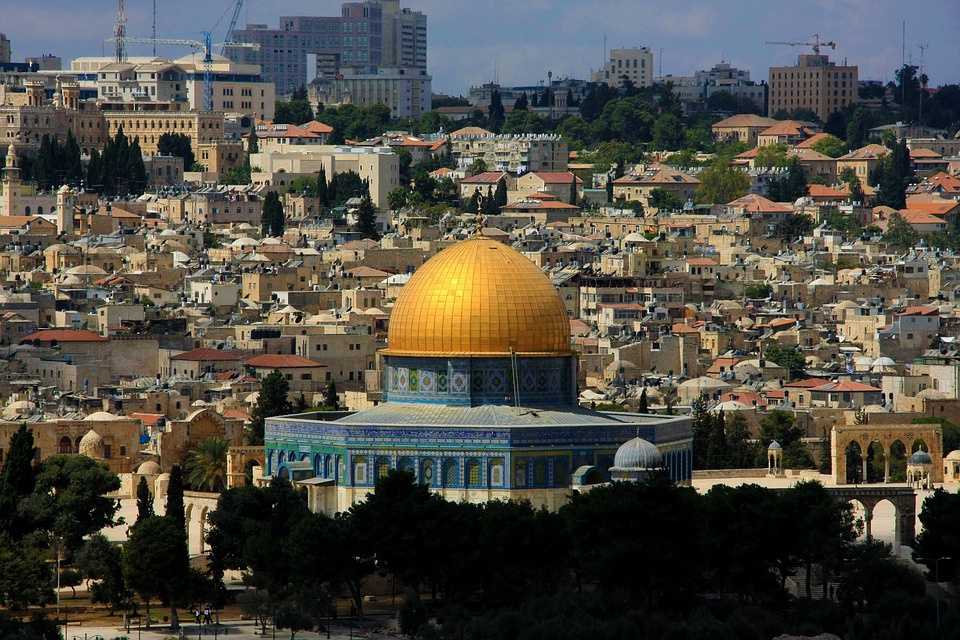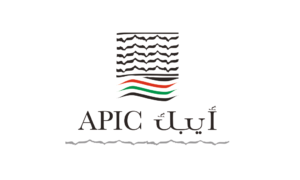Palestinian Central Bureau of Statistics (PCBS) and the Ministry of Tourism and Antiquities (MOTA)
Sustainable Tourism – A Tool for Development
The World Tourism Day celebration was started by the United Nations World Tourism Organization in the year 1980 which is celebrated every year on the 27th of September. This particular day was chosen as it marks the day the UNWTO laws came into force in 1970, which is considered a big landmark for global tourism. These laws aim at raising awareness of the international community to the significant role of tourism as well as to exhibit how the social, economic, cultural, political values are affected by tourism on the global level.
The Palestinian Central Bureau of Statistics, in collaboration with the Ministry of Tourism and Antiquities, presents the following facts on tourism in Palestine.
More than 3.2 Million Visits to Tourist Sites in the West Bank in the First Half of 2017
During the first half of 2017, around 3.26 million visits were made to tourist and leisure sites in the West Bank. These included 1.40 million visits by inbound visitors and 1.86 million visits by domestic visitors. The number of inbound and domestic visits increased by 47.2% and 66.5% respectively compared to the same period in 2016.
Most inbound visits were to Bethlehem Governorate comprising 30.8% of visits, followed by Jericho and Al-Aghwar Governorate at 29.0%, and Nablus and Jenin Governorates at 15.6% and 14.5% respectively.
Number of Inbound Visits During the First Half of Years (2009-2017)
More Than Half of the Inbound Visits by Palestinian Residents of the 1948 Occupied Palestine
Palestinians residing in areas occupied in 1948 accounted for the largest proportion of inbound visitors with 55.6% with 778 thousand visits, followed by 7.2% from the Russia with 100 thousand visits, the United States by 5.8% with 82 thousand visits, and then Romania by 2.4% with 33 thousand visits, and then India by 2.2% with 31 thousand visits, while 26.8% were from other nationalities with 376 thousand visits.
It should be noted that inbound and domestic visitor data do not include Jerusalem Governorate and Gaza Strip.
261Thousand Hotel Guests Spent 783 Thousand Nights during the First Half of 2017 in the West Bank Hotels
The number of hotel guests in the West Bank reached 260,868 hotel guests spending 782,756 nights in the first half of 2017, which is an increase in guests of 34.6% compared to the first half of 2016.
| Number of Guests by Nationality During First Half of 2016 and 2017 | ||
| Nationality | 2016 | 2017 |
| Palestine | 21,991 | 20,961 |
| Israel | 26,382 | 33,873 |
| Asia | 37,211 | 54,496 |
| USA & Canada | 17,998 | 24,277 |
| European Union | 56,557 | 96,998 |
| Other EU Count. | 16,369 | 14,381 |
| Other Countries | 17,237 | 15,882 |
| Total | 193,745 | 260,868 |
Guests were distributed by region as follows: 56.7% in the south of the West Bank, 22.5% in Jerusalem hotels, 13.1% in the middle of the West Bank (Ramallah and Al-Bireh, Jericho and Al-Aghwar), and 7.7% in the north of the West Bank.
In June 2017, there were 125 hotels in the West Bank comprising 7,202 available rooms with 15,663 beds.
There were around 7,218 Establishments Operating in the Tourism Sector in 2015, comprising 5.2% of the Total Number of Workers at the Palestinian Establishment
There were 7,218 establishments working in the tourism sector in Palestine in 2015. The main operations included: 3,685 restaurants; 382 shops selling souvenirs and handicrafts; 1,510 outlets of
beverage serving; 210 antiques and wooden handcrafts shops; 264 car rental services; 105 Haj
and Umrah organization services; 106 short-term accommodation (hotels); 107 tour operator activities; 52 travel and tourism agencies; as well as 797 establishments engaged in related tourism activities, including: creative arts and entertainment activities, and other recreational activities.
The largest percentage of employees is restaurants and beverage activities reaching 65.0%, followed by accommodation and hotel activities at 10.4%, while the employees in leisure and entertainment activities were 6.7%, and the percentage of workers in the establishments operating in traditional and wooden handicrafts at 4.5%, while 13.4% of the employees are distributed on the rest of the tourism activities.




























